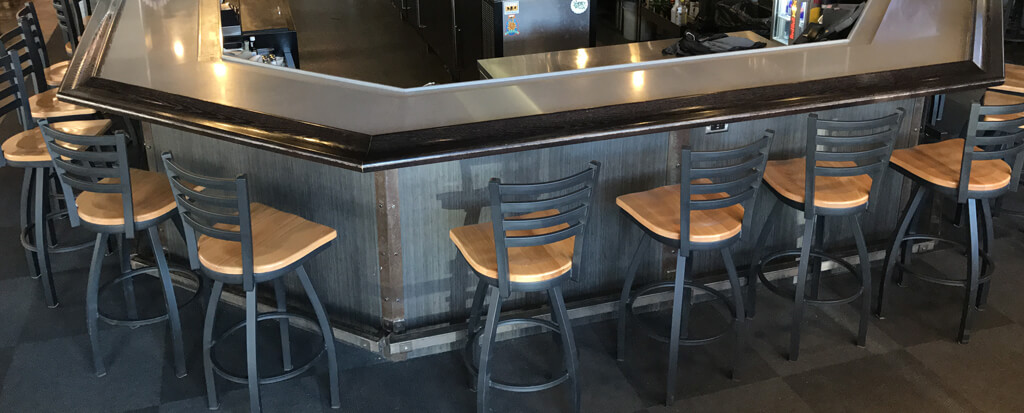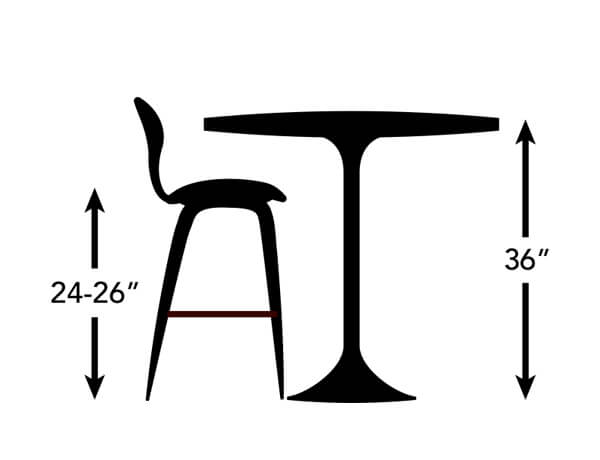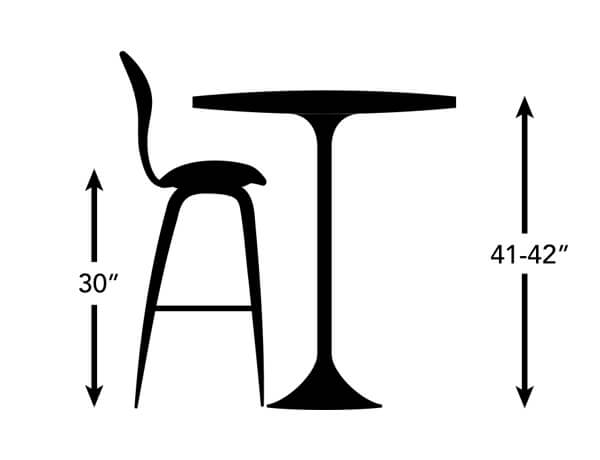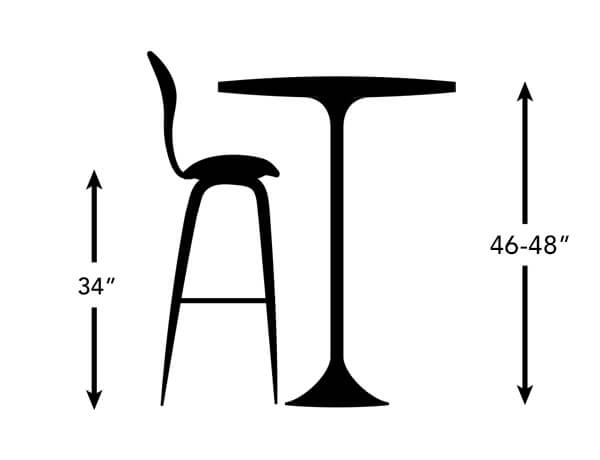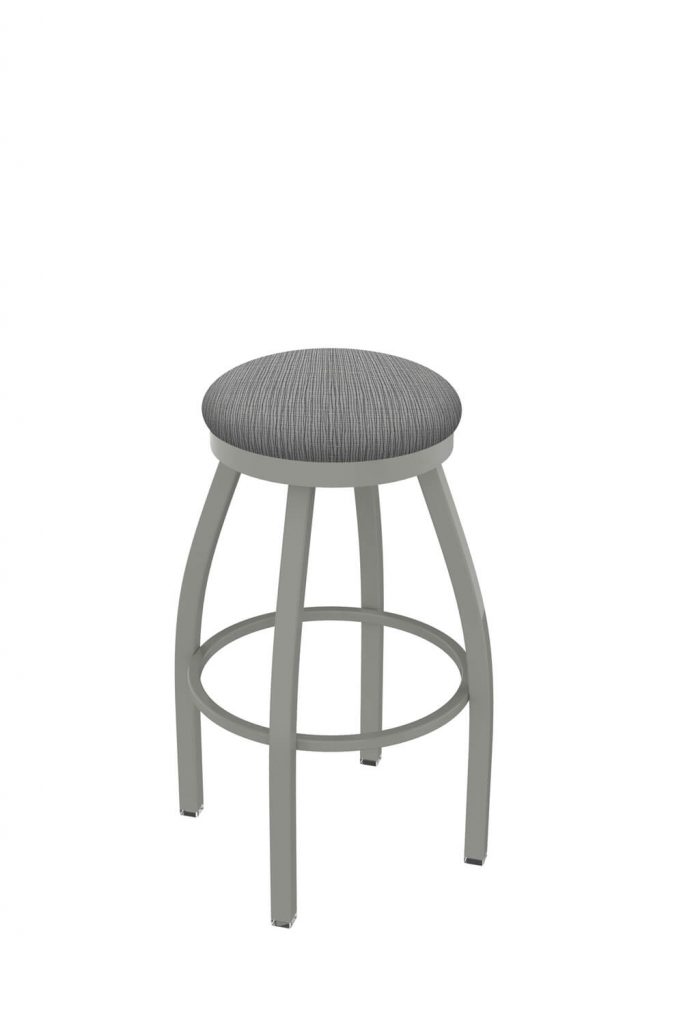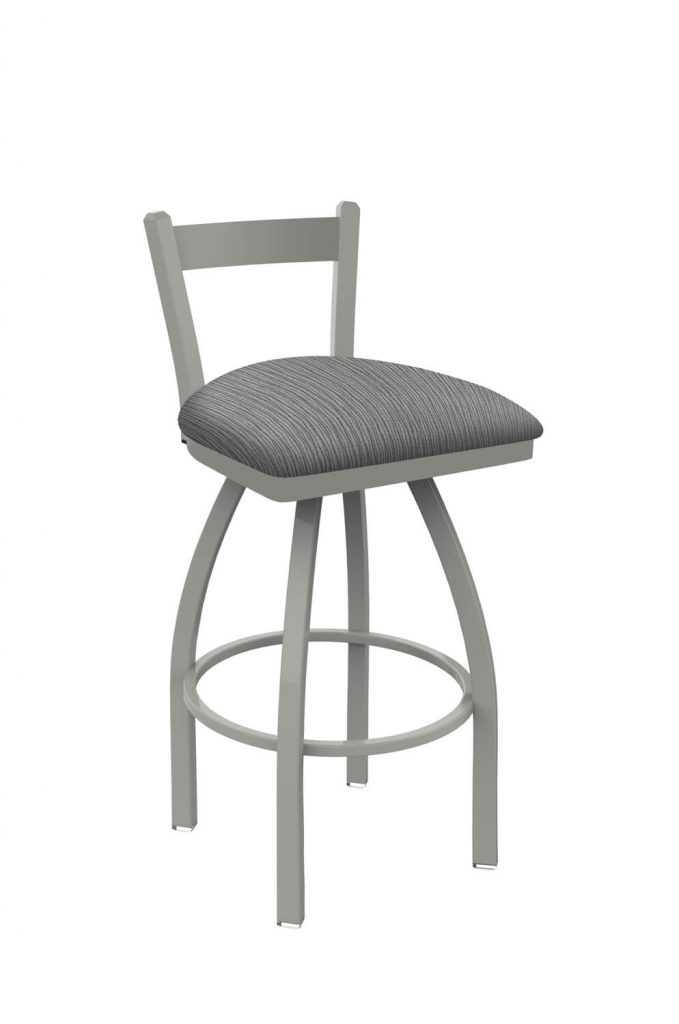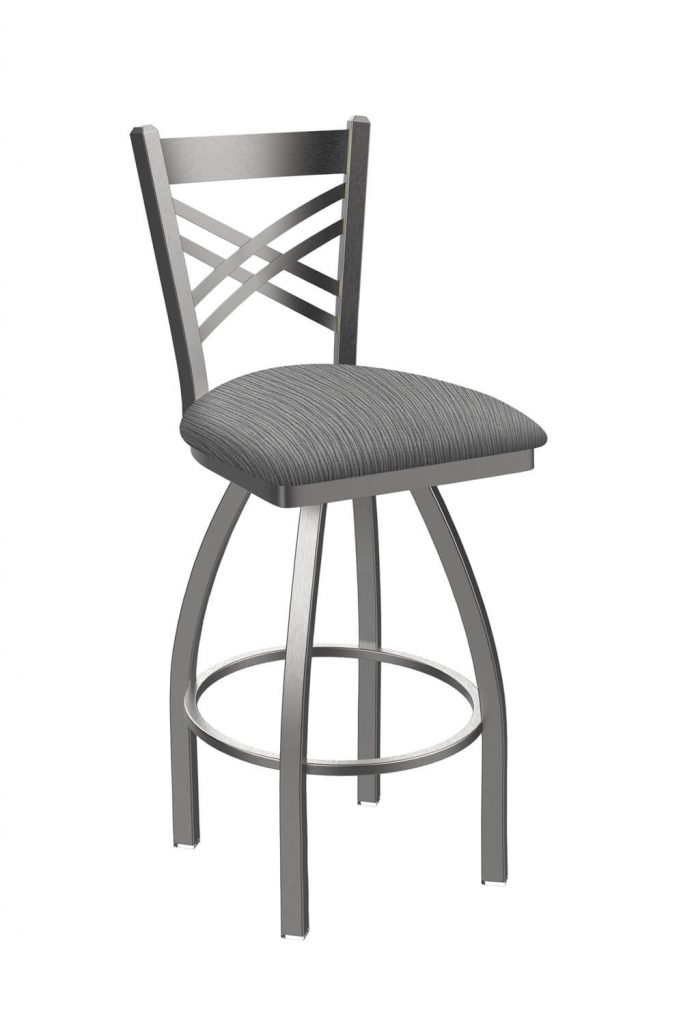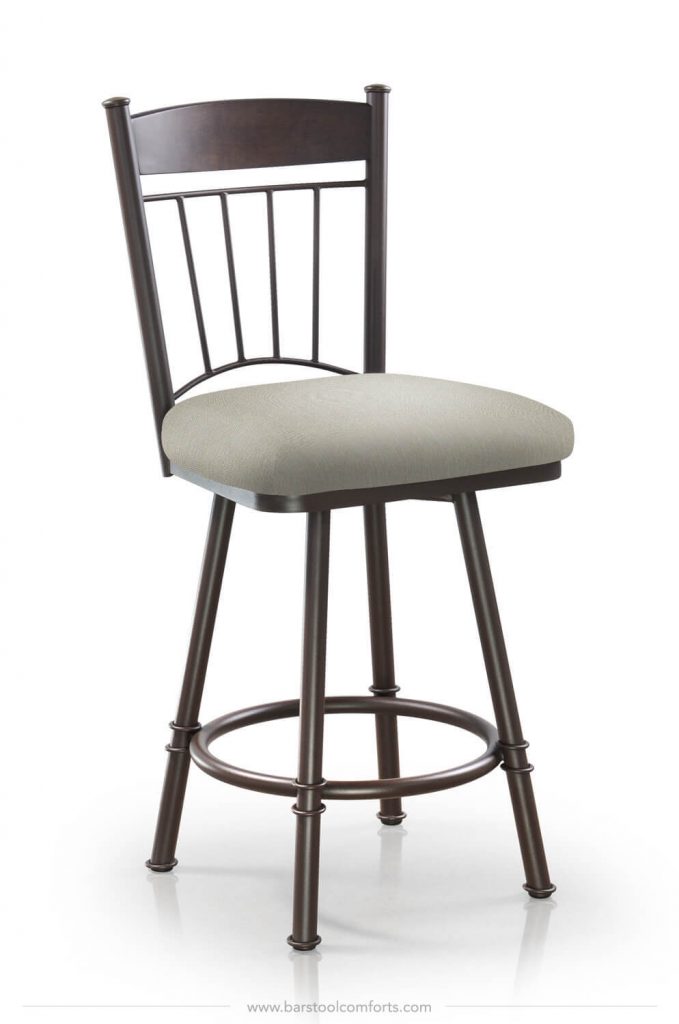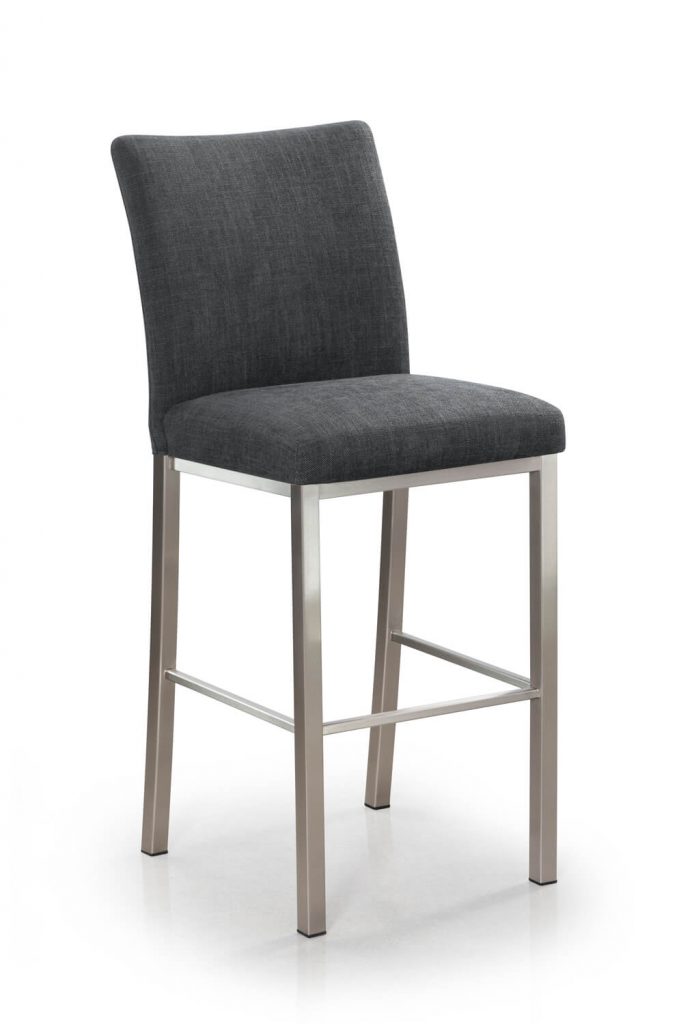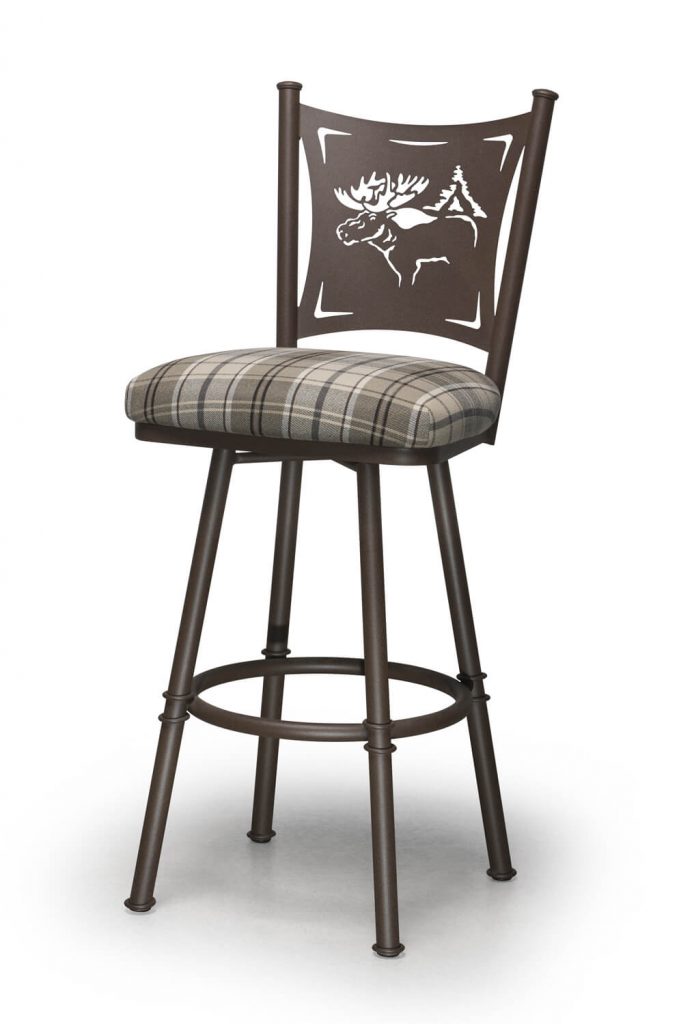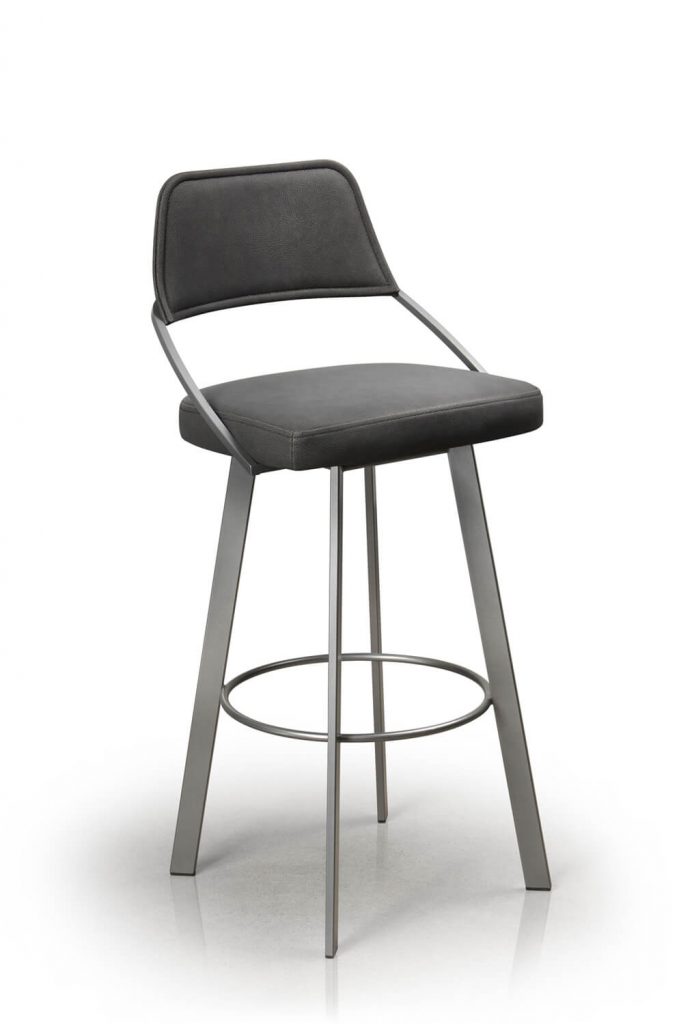Article updated July 8 2025
Summary Choosing the right restaurant bar stools depends on your dining style and how the space is used. This guide covers key considerations such as seat height, back height, weight capacity, seat width, and swivel options to help select bar stools that are durable, comfortable, and appropriate for casual or fine dining environments.
When outfitting a restaurant, several factors should be considered to ensure the bar stools are practical and functional for your business needs.
In this article, we’ll discuss the two types of restaurants and suggest the most suitable stools for each type, as well as the required seat height and other essential features to consider before making a purchase.
On this page:
- Casual vs fine dining restaurants
- Think about seat height
- Think about back height
- Think about weight capacity
- Think about seat width and overall width
- Think about swivel vs non-swivel
- Think about key features on a stool
Casual Dining vs Fine Dining Restaurants
First, let’s determine which type of restaurant you run. Which one are you?
Casual Dining Restaurant
These types of establishments are focused on ambiance and menu variations, the food is brought out quickly and the customers typically stay up to 30 minutes. Examples of these places are Panera Bread, Noodles & Company, Zoe’s Kitchen, etc.
Chairs — Casual restaurants typically have chairs that are easy to clean, as they expect customers to come and go pretty quickly.
Look for stools that are easy to clean with wood seats or upholstery such as vinyl that is easy to wipe down.
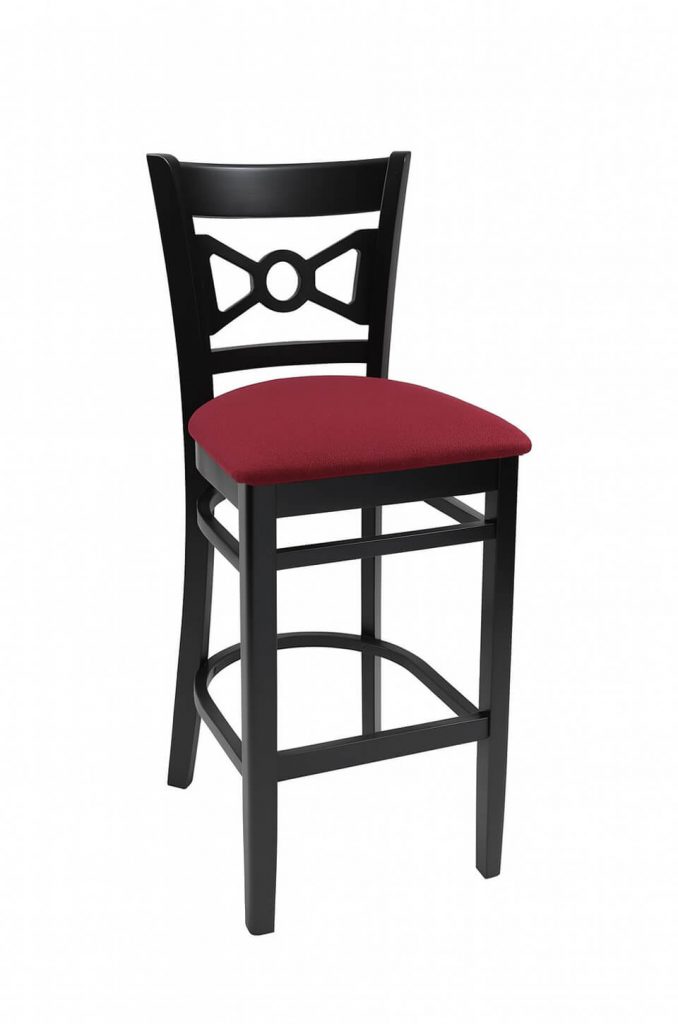
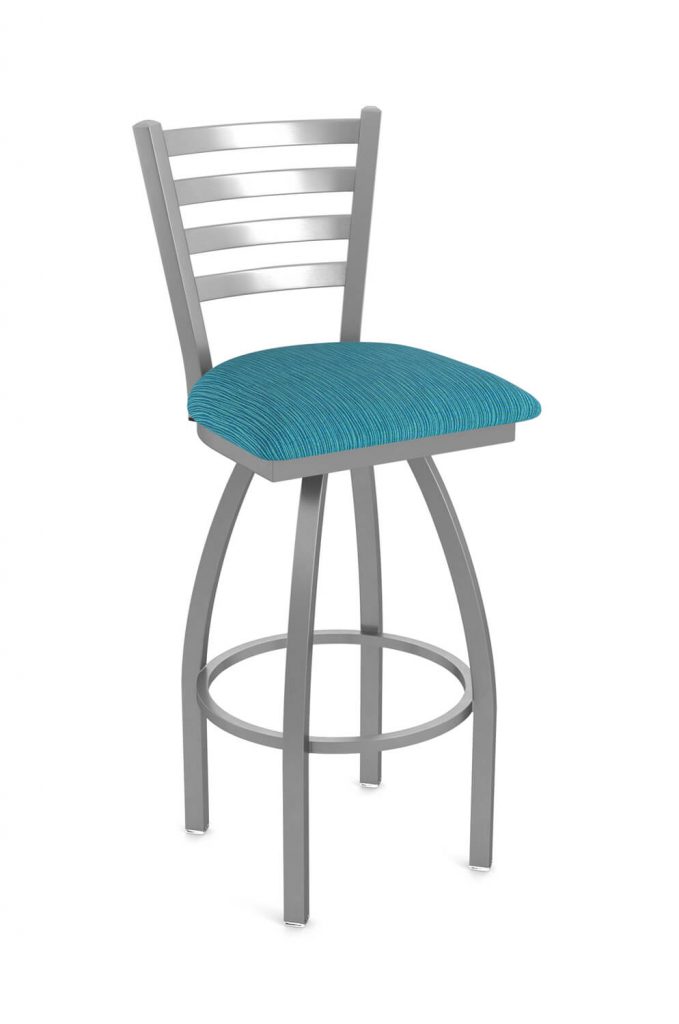
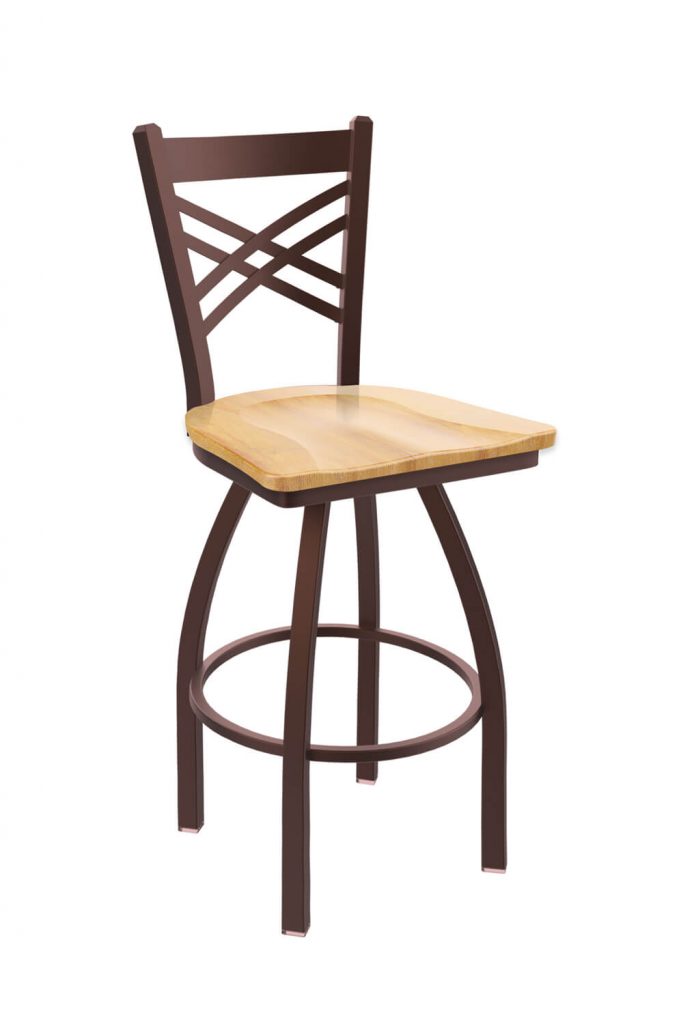
Fine Dining Restaurant
Fine Dining creates more of an experience for the customer and includes fancy cutlery, expensive wine, and chef-prepared meals. Customers stay 1-2 hours. Examples of these places are Ruth’s Chris, The Capital Grille, and Olive Garden.
Chairs — Fine dining restaurants have chairs that focus on comfort to keep the customer there for longer so they can order more wine and dessert.
Look for stools that have padded seats and potentially fully upholstered backs. Include Crypton performance fabric or leather. Both materials are very durable, but Crypton performance fabric feels warmer to sit on than leather. It depends on the room temperature in your establishment and the look you’re going for. Vinyl is also good. Make sure to find vinyl that has texturing so it has a rich look.
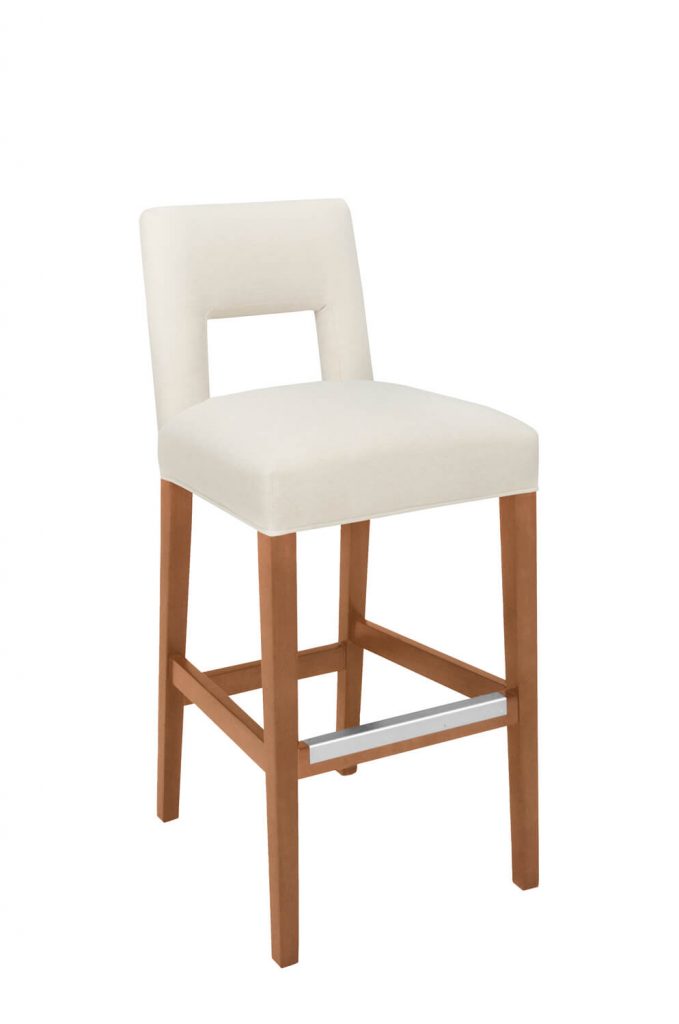
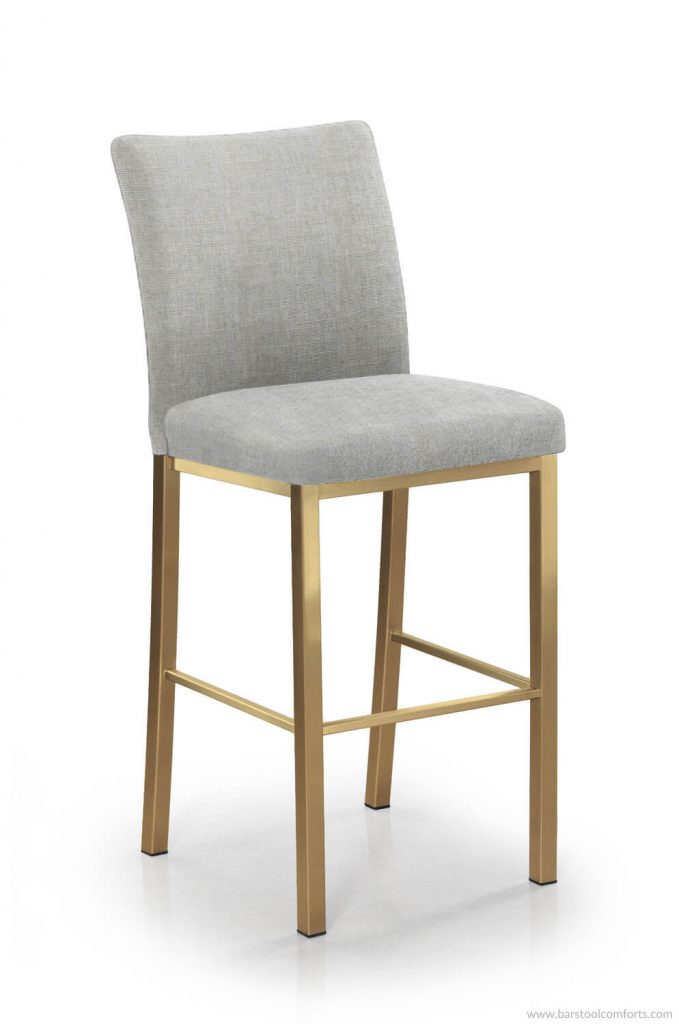
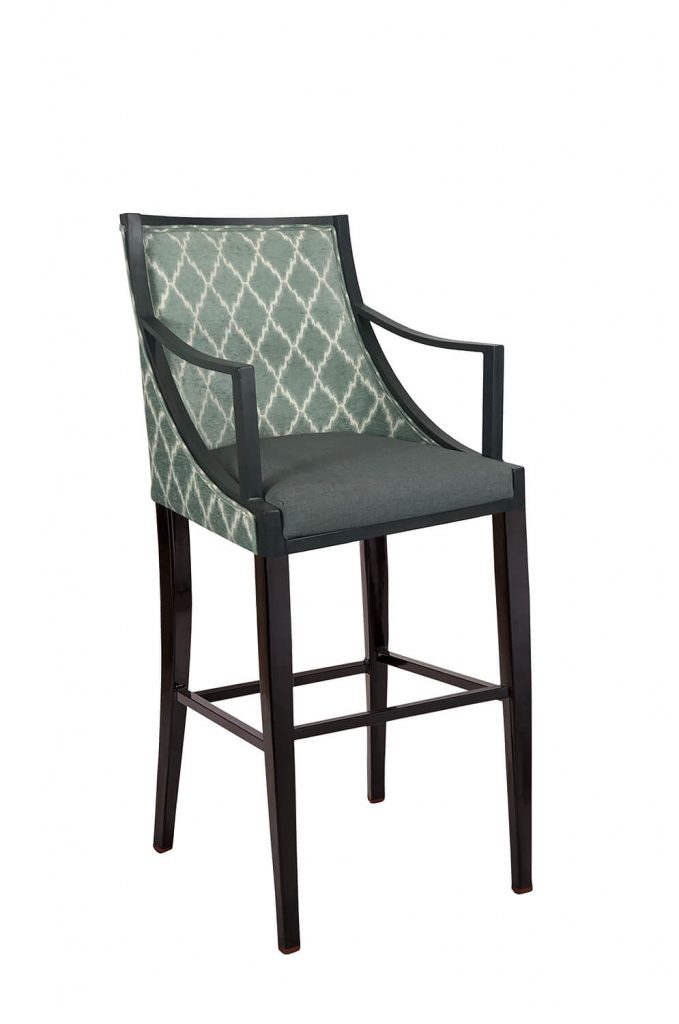
What to Keep in Mind When Purchasing Commercial Bar Stools
Seat Height
There are essentially 3 main seat heights, but there can be a lot of in-between heights.
If you haven’t built your counter for your bar yet, we recommend building it at 36 inches high because this is the easiest height a customer can slide into.
If you’re working with an existing counter, here are the heights to follow along to:
Learn more about seat heights here.
Back Height
Now that you have an idea on the seat height, you need to determine if you want a backless stool, one with a low back, or a high back.
Backless Bar Stools
Bar stools without backs are best suited for casual dining restaurants because:
- Customers can quickly get in and out of them.
- They don’t have a back which can bang into the counter.
- It’s easy for the customer to see the sightlines of the entire restaurant.
Short / Low Back Bar Stools
A good compromise is a short / low back bar stool. This bar stool type is suited for both casual and fine dining restaurants, depending on the style and colors of the stool.
Low backs are ideal because:
- Customers can quickly get in and out of them.
- They don’t obstruct the view to the bar.
- Bussers can more easily clean around the table than with a stool with a full back.
Mid-to-High Back Bar Stools
Bar stools with full backs offer the customer the ultimate in comfort. They’re best suited for fine dining restaurants or for casual restaurants wanting comfort.
High backs are ideal because:
- They’re overall going to be more comfortable and allows the customer sit back and relax.
- Are more safe to the general public because of the full back.
Weight Capacity
You don’t want to overlook a bar stools weight capacity. If you do, your investment may collapse right in front of you and you may even have a lawsuit on your hands.
Weight capacity means the weight that the bar stool can hold.
Below, is a list of manufacturers we offer with their accompaning weight capacity:
| Manufacturer | Average Weight Capacity |
|---|---|
| Trica | 250 lbs |
| Holland | 550 lbs |
| Holland [ Big & Tall collection ] | 750 lbs |
| IH Seating | 350-500 lbs |
| Trendler | 500 lbs |
Seat Width
The width of the seat is a determining factor when thinking about comfort vs space.
If you have the space or your goal is to keep the customer there longer, we recommend a wider seat which is typically 19 inches or wider.
If you don’t have space or your goal is to get customers in and out quickly, we recommend a narrower seat.
Watch out for narrow seats!
Narrow seats can still be comfy, but we recommend to NOT go less than 10″ on a seat width. That is just too narrow and uncomfortable. Not all of your customers will be size 0’s. Keep that in mind.
Overall Width – Arms or No Arms
For casual dining restaurants, arms are typically omitted and this is because:
- Armed stools are harder to get in and out of.
- When you have a large overturn of customers in one day, more things can go wrong.
- Arms are more likely to bang into the counter.
- Customers can overlook the arms and spill everything.
- It’s a headache you don’t want.
For fine dining restaurants, arms can be a pleasure when the stools are properly spaced.
The customer will be able to sit back, watch the TV, or converse with their friends. Bar stools with arms suggest a higher-quality restaurant, reflecting attention to detail and comfort.
Swivel
- Easier to get in and out of than a stationary / non-swivel stool.
- Easy for the customers to interact and talk with friends as they can swivel to the left and the right quickly and easily.
- Easier for the bussers to position the stool towards the front of the bar at the end of the day.
- Shop commercial-grade swivel bar stools here.
Non-Swivel
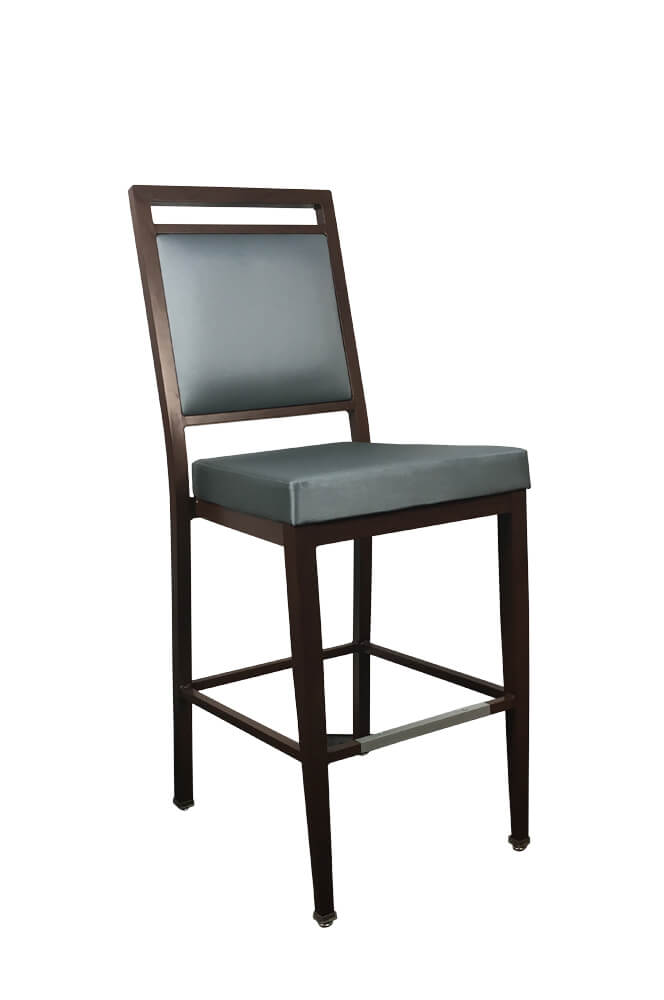
- Safer for teens and kids because the bar stool doesn’t move.
- Creates an orderly and neat look to the space.
- Will not bump against the counter because this stool can’t swivel.
- Shop commercial-grade non-swivel bar stools here.
Key Features on a Bar Stool
Bar stools designed for the hospitality and restaurant industry often include specific characteristics tailored to enhance comfort, durability, and ease of use.
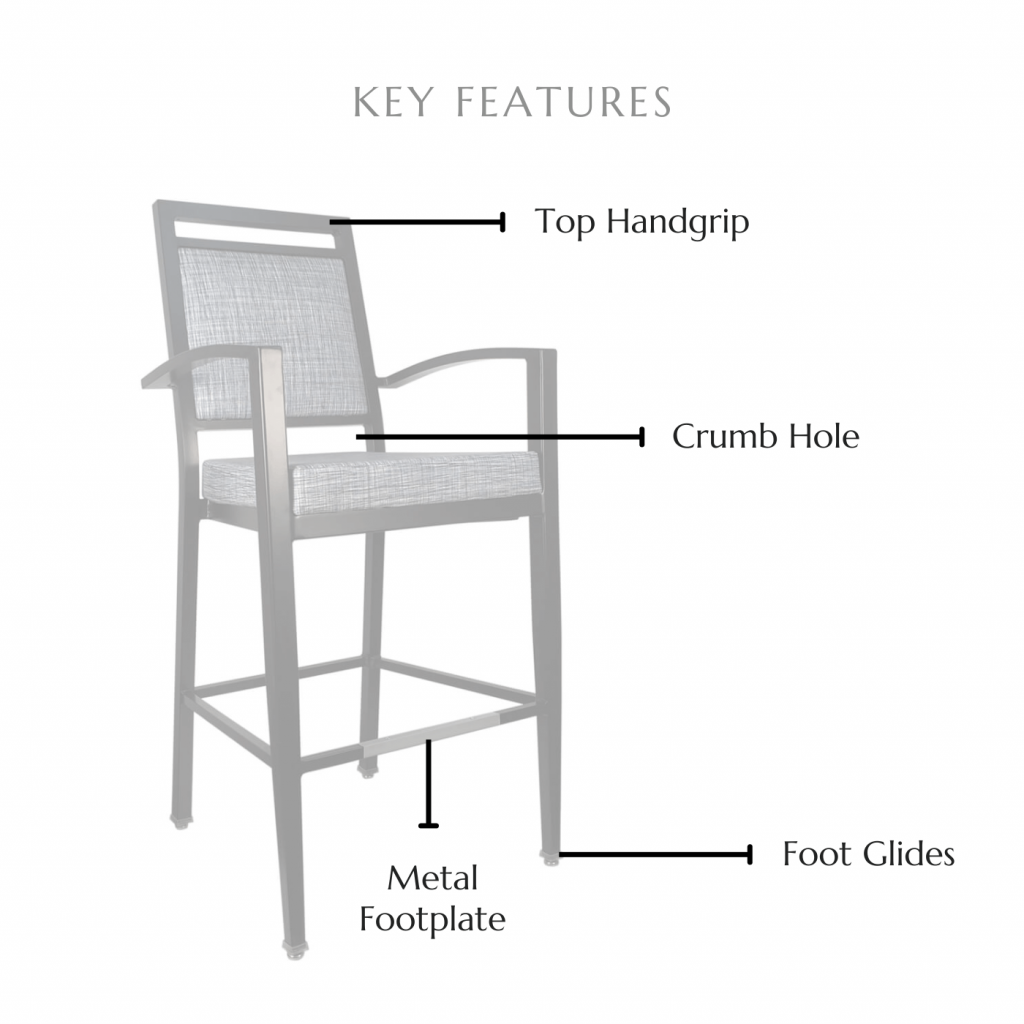
Handgrips
Consider bar stools with grip-friendly designs, such as handgrips or handle openings. These features make it easier for bussers to move the stools when cleaning the area.
Crumb Holes
Bar stools with an opening between the seat and back are designed for easy cleaning, allowing crumbs to be quickly swiped through. In contrast, stools with closed backs can trap crumbs, making them harder to clean. These ‘crumb holes’ help keep your space tidy with minimal effort.
Metal Footplates
Metal footplates are ideal to add to all wood bar stools because they protect the wood from wear and tear, extending the stool’s lifespan. Additionally, they provide a sleek, modern contrast to the wood, enhancing the overall design.
Foot Glides
When shopping for commercial grade bar stools, make sure you pay attention to the foot glides offered by the manufacturer. Check to make sure the ones they offer are best on wood floors, tile floors, linoleum floors, etc.
Curved Backs
Bar stools with curved backs offer enhanced comfort by allowing you to sit back while the gentle curve supports and contours to your body.
Curved Seats
Similarly, curved seats provide added comfort by conforming to the natural shape of your body, offering a more comfortable seating experience.
Summary
Now that you narrowed down which features you need, start shopping!

